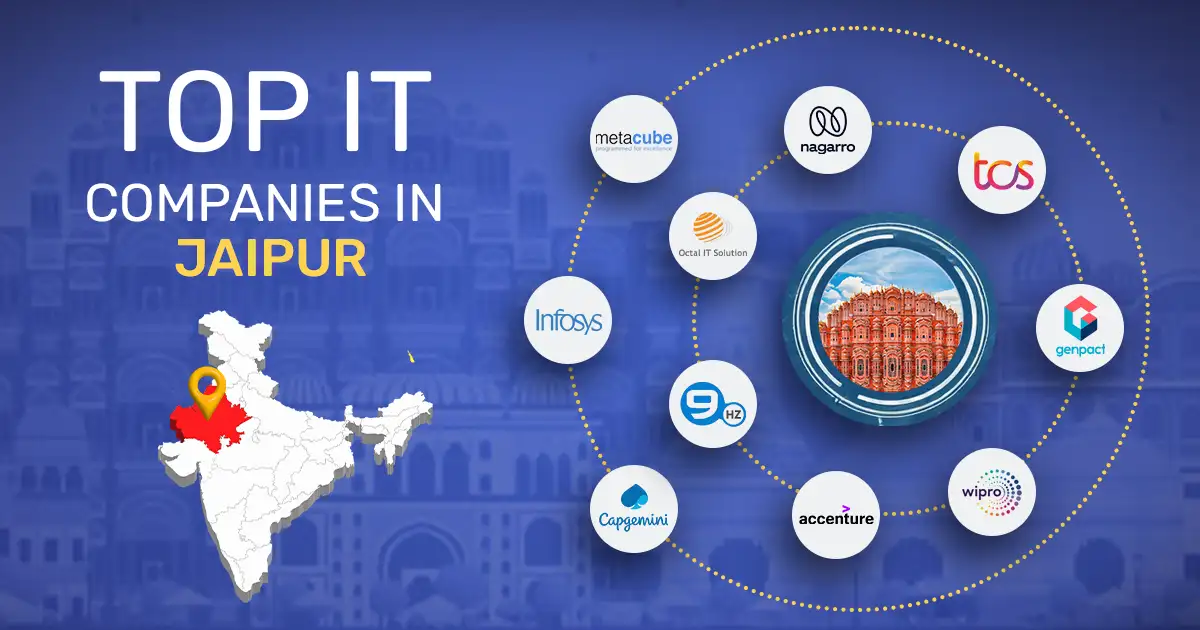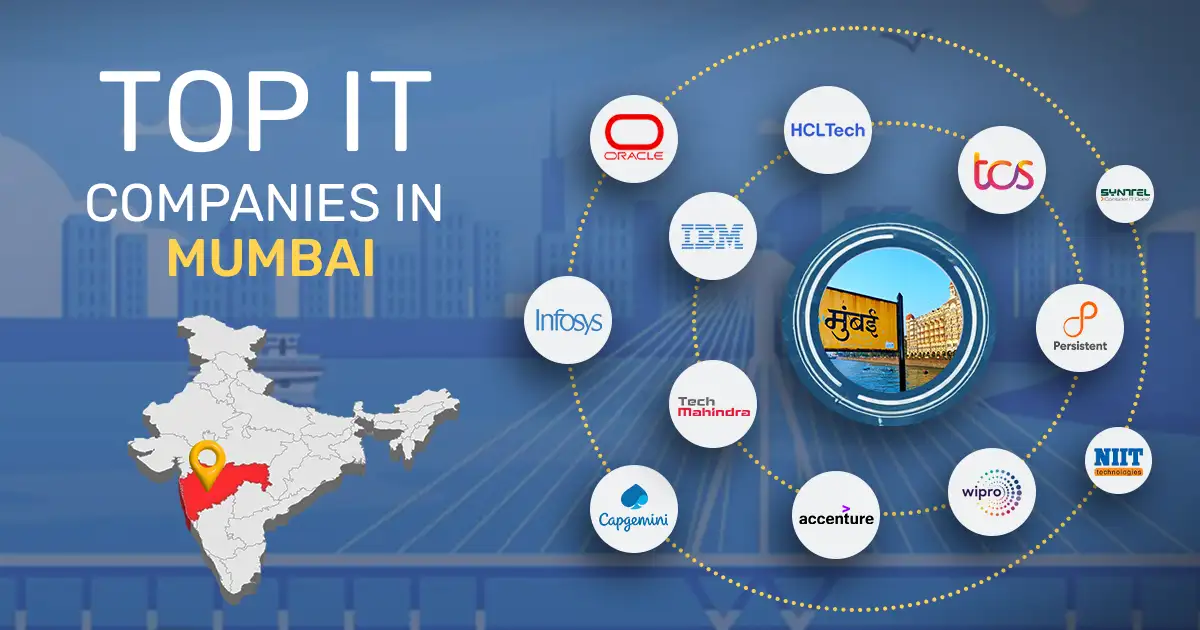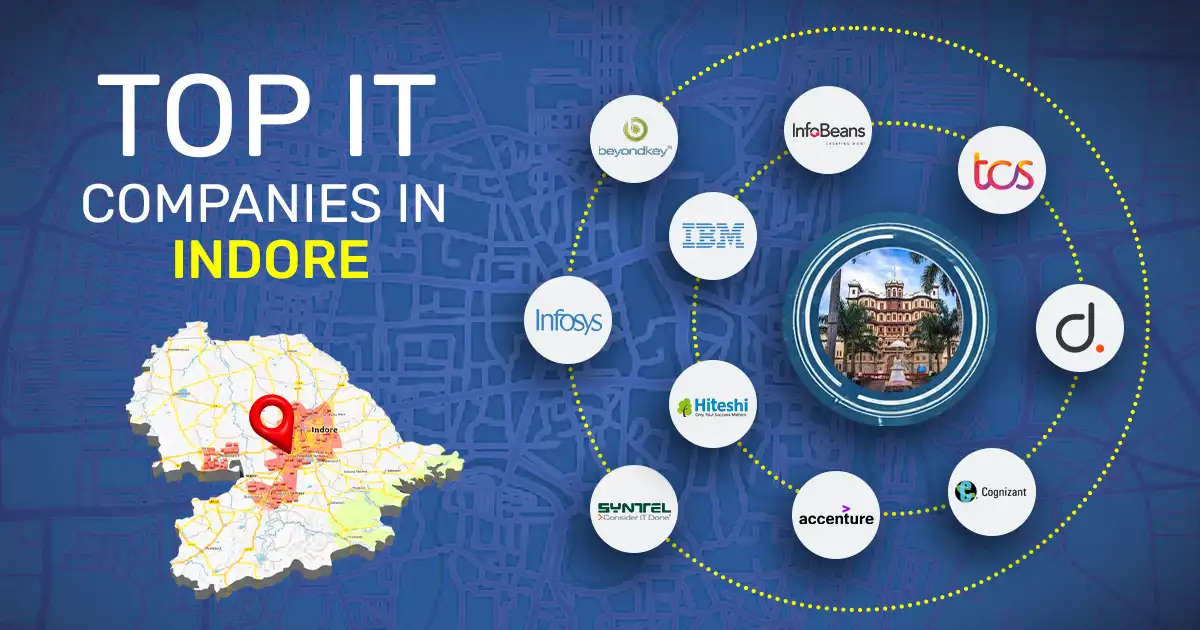
Introduction
As global concerns over plastic waste escalate, industries are increasingly looking for solutions that align with sustainability goals. One such solution is reprocessed plastic granules. These small, uniform pellets offer an eco-friendly and cost-effective alternative to traditional plastic, helping reduce the environmental impact of industrial plastic waste. The growing demand for biodegradable plastic alternatives has further accelerated the shift toward reprocessed plastics. This article will dive deep into the plastic recycling process, the significance of reprocessed plastic, its benefits, and the market opportunities available for businesses.
What Are Reprocessed Plastic Granules?
Reprocessed plastic granules are the end product of recycling used plastic materials. These granules are created by melting, purifying, and reshaping waste plastic into small, uniform pellets that can be reused in various industrial applications. They serve as a cost-effective and environmentally sustainable alternative to virgin plastics.
It offer several advantages, such as reducing industrial plastic waste, conserving natural resources, and lowering production costs. By replacing virgin plastic with recycled granules, businesses can reduce their carbon footprint and help the environment while still meeting the demands of their respective industries.
The Plastic Recycling Process
To produce reprocessed plastic granules, the plastic recycling process follows several key steps, each essential for ensuring high-quality and efficient end products.
1. Collection & Segregation
The first step in the recycling process is gathering plastic waste. This can be sourced from industrial plastic waste or post-consumer plastic items. The plastic is then sorted based on its type, quality, and suitability for recycling. Proper segregation is vital for the success of the recycling process.
2. Cleaning & Shredding
Once the plastic waste is collected and segregated, it is thoroughly cleaned to remove contaminants such as dirt, labels, and adhesives. After cleaning, the plastic is shredded into smaller pieces to facilitate easier handling and processing in the next stages.
3. Melting & Extrusion
The shredded plastic pieces are then melted at high temperatures. This process transforms the plastic into a molten state, making it easier to mold into new shapes. The molten plastic is forced through an extruder, a machine that shapes the plastic into long strands.
4. Granulation
The long plastic strands produced in the extrusion process are cooled and cut into small, uniform reprocessed plastic granules. These granules are then ready for use in manufacturing new plastic products.
Industries Using Reprocessed Plastic Granules
Reprocessed plastic granules have found applications in a wide variety of industries, making them an essential part of the modern manufacturing ecosystem.
1. Packaging Industry
The packaging industry is one of the largest users of reprocessed plastic granules. These granules are used to produce plastic containers, bags, and bottles, offering an eco-friendly alternative to single-use plastics. By using recycled plastics, companies can significantly reduce their environmental impact.
2. Automobile Industry
In the automobile sector, reprocessed plastic granules are used to manufacture parts such as dashboards, bumpers, and insulation materials. These recycled materials offer durability and strength while contributing to sustainability goals.
3. Construction Industry
Reprocessed plastics are widely used in the construction industry, where they are employed to create products such as pipes, fittings, insulation materials, and flooring. The use of sustainable plastics helps reduce the reliance on non-renewable resources.
4. Textile Industry
In the textile industry, reprocessed plastic granules are used to create synthetic fibers and fabrics, which are essential in the production of various garments, upholstery, and other textile products.
5. Electronics Industry
The electronics sector also uses reprocessed plastic granules for producing protective casings, panels, and other plastic components of electronic devices. These recycled plastics help to reduce e-waste and minimize environmental harm.
Market Demand and Profitability of Plastic Granule Business
The market for reprocessed plastic granules is expanding rapidly, driven by several factors. Increasing environmental regulations, consumer demand for sustainable products, and government incentives for plastic recycling have created a strong business opportunity in the recycling industry.
Reprocessed plastic granules offer businesses a cost-effective alternative to virgin plastic, with the added benefit of being environmentally friendly. Entrepreneurs entering this industry can see profitability by supplying recycled plastic to industries that prioritize sustainability. Additionally, as governments impose stricter waste management policies, businesses that comply with regulations can gain a competitive edge.
How to Start a Reprocessed Plastic Granules Business
Starting a reprocessed plastic granules business involves several important steps to ensure success.
1. Market Research
Conduct thorough market research to identify potential customers for your reprocessed plastic granules. Understand the demand for recycled plastic in various industries, such as packaging, automotive, and construction.
2. Business Registration & Compliance
Register your business and ensure compliance with all local laws and regulations related to recycling and plastic waste management. Obtain the necessary permits and licenses to operate legally.
3. Machinery & Equipment
Invest in the required machinery, such as plastic shredders, extruders, and granulators. The right equipment will ensure efficient and high-quality production of reprocessed plastic granules.
4. Raw Material Procurement
Source industrial plastic waste from reliable collection centers or direct suppliers. This will be the primary raw material for your plastic granules production process.
5. Production Setup
Establish a recycling plant with the necessary infrastructure and quality control measures. Implement strict quality standards to ensure that the final product meets the requirements of your clients.
6. Finding Buyers & Suppliers
Reach out to reprocessed plastic suppliers and potential customers to establish a network. Building strong relationships with clients and suppliers is key to the long-term success of your business.
7. Marketing & Sales
Promote your business to industries that require sustainable plastics solutions. Highlight the cost-effectiveness and eco-friendliness of your products to attract customers who prioritize sustainability.
Government Policies and Compliance for Plastic Recycling
Government regulations play a vital role in the success of the plastic recycling process. To ensure compliance, businesses must adhere to several key policies:
1. Extended Producer Responsibility (EPR)
Governments often require producers to take responsibility for the disposal and recycling of their plastic waste. EPR policies encourage companies to collect, recycle, and reuse plastic products after they have served their purpose.
2. Pollution Control Board Approvals
Businesses in the recycling industry must obtain necessary permits from the Pollution Control Board to ensure that their recycling activities meet environmental standards.
3. Eco-Friendly Manufacturing Standards
Governments are increasingly encouraging manufacturers to adopt eco-friendly practices, including using biodegradable plastic alternatives and sustainable materials. Companies that adhere to these standards may receive incentives or subsidies.
4. Incentives & Subsidies
Many governments offer financial support to boost the recycled plastic industry. Businesses can benefit from these incentives to expand their operations and invest in new technologies.
Common Mistakes to Avoid in the Reprocessed Plastic Granules Business
While starting a reprocessed plastic granules business can be profitable, it is essential to avoid common mistakes that can hinder growth:
- Neglecting proper waste segregation: Ensure that the waste is properly sorted to avoid contamination during recycling.
- Ignoring quality control: Consistently monitor product quality to meet the standards required by various industries.
- Underestimating the initial investment: Setting up a recycling plant and purchasing machinery requires significant capital investment.
- Failing to build strong relationships with suppliers: Establishing reliable sources for raw materials is crucial for smooth production.
- Not complying with government regulations: Ensure that your business adheres to all local, regional, and national regulations to avoid fines or shutdowns.
Conclusion
Reprocessed plastic granules are revolutionizing the way industries approach plastic waste management. By replacing virgin plastics with sustainable plastics, businesses not only contribute to environmental protection but also reduce production costs. The demand for reprocessed plastic granules continues to rise, offering significant opportunities for entrepreneurs and businesses to profit while supporting the circular economy. With the right investment, equipment, and compliance with government policies, businesses can thrive in this rapidly growing industry.
Why Choose RegisterKaro?
If you’re ready to start your journey in the reprocessed plastic granules business, RegisterKaro is here to assist. From business registration to compliance with environmental regulations, our team ensures that you’re set up for success.




